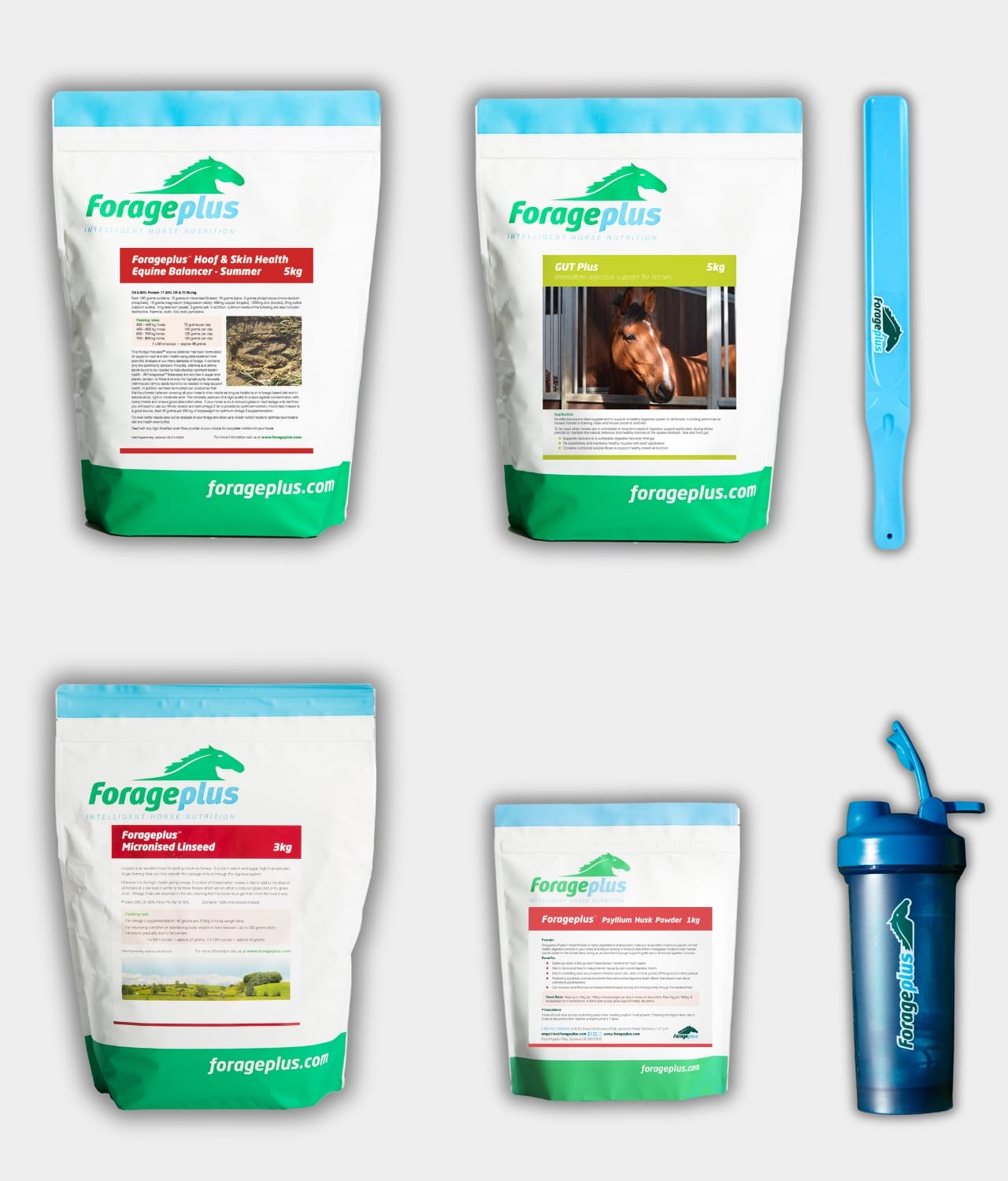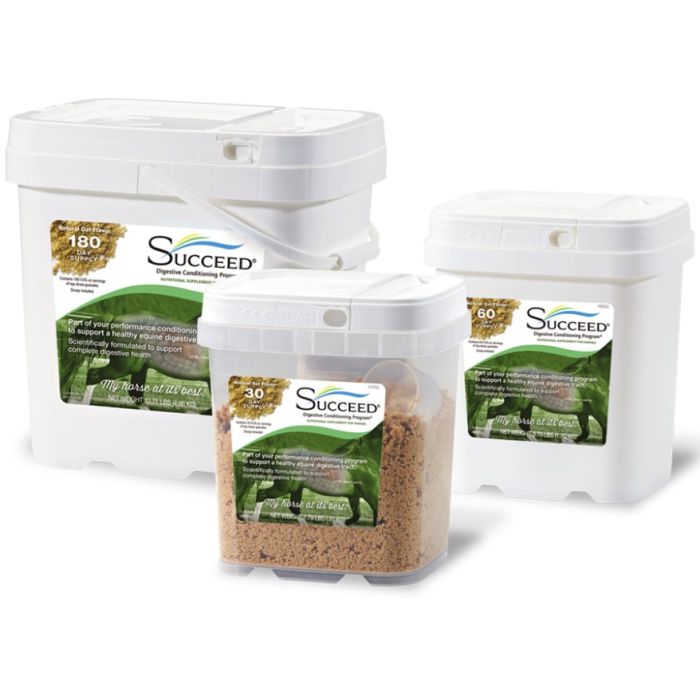Digestive Health: The Importance of Feeding Schedule for Your Horse

Maintaining optimal digestive health in horses is crucial for their overall well-being and performance. One of the key factors influencing digestive health is the feeding schedule. This article explores why a consistent and well-planned feeding routine is essential for your horse, how it impacts their digestive system, and practical tips to implement an effective feeding schedule.
Understanding Equine Digestive Health
Horses have a unique digestive system designed for continuous grazing. Their stomachs are relatively small, and their intestines are long, which means they are adapted to process small amounts of fibrous food throughout the day rather than large meals at once. Disruptions in feeding patterns can lead to digestive issues such as colic, gastric ulcers, and poor nutrient absorption.
Why Feeding Schedule Matters
- Prevents Digestive Disorders: Regular feeding times help maintain a stable environment in the gut, reducing the risk of colic and ulcers.
- Supports Microbial Balance: The gut microbiota thrives on consistent nutrient supply; irregular feeding can disrupt this balance.
- Enhances Nutrient Absorption: Steady feeding allows for optimal digestion and absorption of nutrients.
- Regulates Metabolism: Consistent feeding helps maintain energy levels and metabolic functions.
Recommended Feeding Practices
| Feeding Practice | Description | Benefits |
|---|---|---|
| Frequent Small Meals | Feeding small amounts multiple times a day | Mimics natural grazing, reduces stress on digestion |
| Consistent Feeding Times | Feeding at the same times daily | Establishes routine, stabilizes gut environment |
| High-Fiber Diet | Providing ample forage like hay or pasture | Supports healthy gut motility and microbial health |
| Limited Concentrates | Restricting grain and high-starch feeds | Prevents digestive upset and metabolic issues |
Sample Feeding Schedule
| Time | Feed Type | Quantity |
|---|---|---|
| 6:00 AM | Hay | 2 kg |
| 10:00 AM | Pasture Grazing | Ad libitum |
| 2:00 PM | Concentrate Feed | 0.5 kg |
| 6:00 PM | Hay | 2 kg |
FAQs
Q1: How often should I feed my horse?
A: Ideally, horses should be fed small amounts 3-4 times a day to mimic their natural grazing habits.
Q2: Can irregular feeding cause colic?
A: Yes, inconsistent feeding schedules can disrupt gut motility and increase the risk of colic.
Q3: What types of feed are best for digestive health?
A: High-fiber feeds like hay and pasture are best, while concentrates should be limited.
Q4: How can I transition my horse to a new feeding schedule?
A: Gradually adjust feeding times and amounts over 7-10 days to allow the digestive system to adapt.
Conclusion
A well-structured feeding schedule is vital for maintaining your horse’s digestive health. By providing consistent, frequent, and appropriate feedings, you support their natural digestive processes, prevent common disorders, and promote overall health and performance. Implementing these practices will ensure your horse remains happy, healthy, and thriving.
